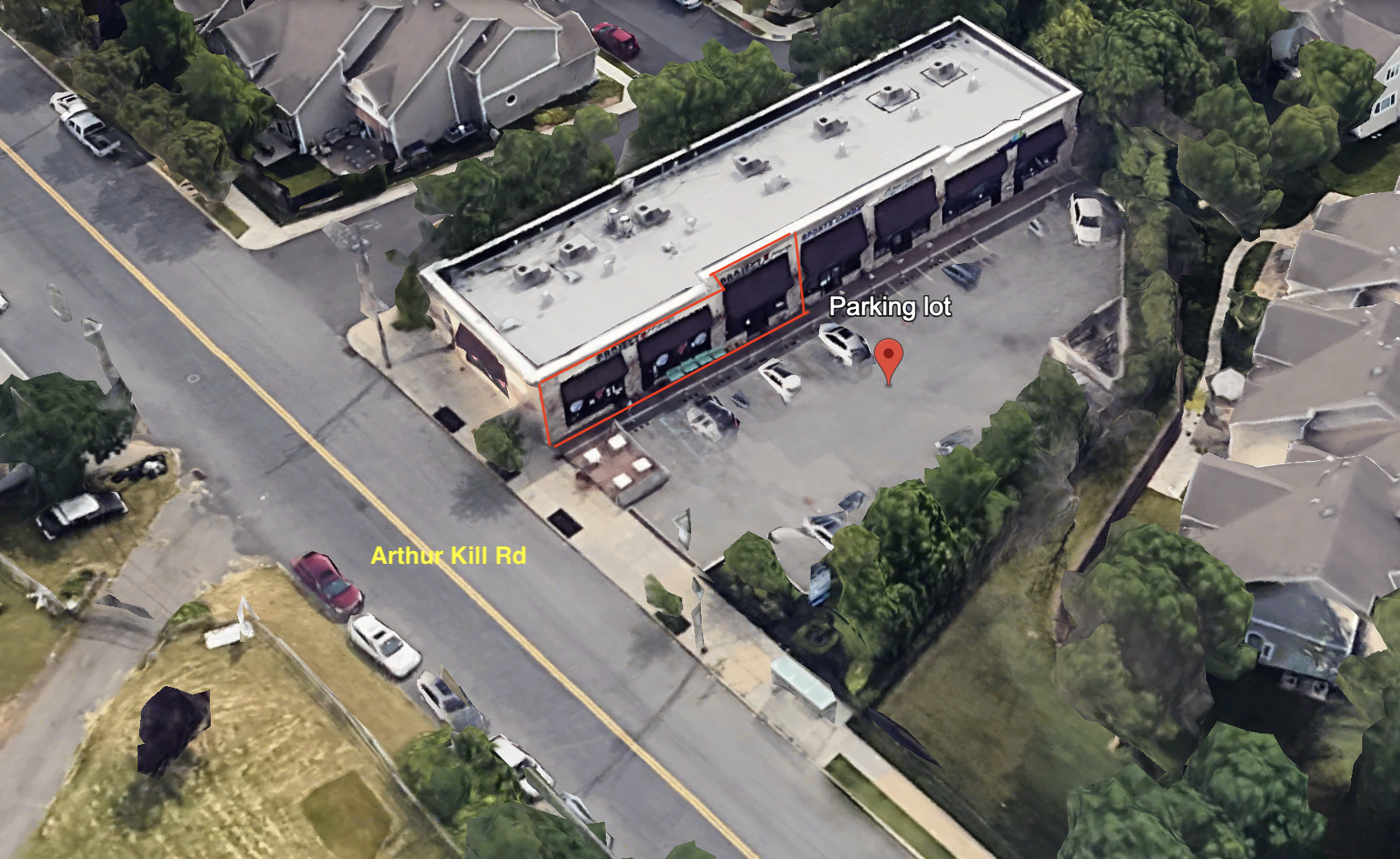Commercial Hot Water Tank Prices
When comparing hot water tank prices consumers need to consider two costs:
1. The cost of the tank itself and associated installation and maintenance costs
2. Energy costs
Not all tanks are created equal, some come with an expensive price tag, but are more energy-efficient, others might be more affordable but might cost you more to run. It is important to know which tank is the best fit for you.
The Best Hot Water Tank for You
When searching for the right hot water tank you should consider the following factors
FUEL SOURCE
You will need to determine what fuel source your home uses to heat water. The two most common fuel sources are Natural Gas and Electricity. Typically consumers will replace their old tank with a new one using the same fuel. Natural Gas tanks are usually more expensive than electrical tanks, however, natural gas is usually more energy-efficient, potentially saving money on running costs.
You will also need to consider the location of your tank. Natural gas tanks need more air circulating and cannot have combustible materials stored nearby.
A third fuel source is heat pump tanks. These use heat in the air to heat water. These can also be added onto some existing gas or electricity tanks as hybrids. These tanks are much more expensive upfront but are significantly more efficient, saving on running costs.
Knowing your fuel source can quickly simplify your tank buying process because you may find you are limited to only one fuel source.
TYPES OF TANKS, STORAGE TANK OR TANK LESS
Storage tanks are the most common type of tank. These tanks heat and store water until it is needed. Tankless or on-demand tanks do not store water, they heat it as it passes through the heater. Tankless heaters are usually more efficient and can be purchased using both gas and electricity. However, tankless models can only provide a limited flow rate and may not be ideal for larger houses and families, especially if you need to call on the hot water at more than two points at a time.
Changing from a storage tank to a tankless system can be very expensive as it will often require you to retrofit your plumbing and electrical systems. Tankless heaters may be best considered in new builds or addons.
CAPACITY
The size of your household will determine your required tank capacity. The larger the household the larger the tank required. However, it is a little more complex than that. You will want to consider the First Hour-Rating (FHR). This is the number of gallons a heater can deliver in the first hour from a full tank, and the recovery rate, which is the amount of water the tank can heat in an hour. This will give you an idea of whether or not the heater can meet your hot water needs. Going for a cheaper model with a low FHR and recovery rate may leave the slowest moving family member showering in cold water in the mornings.
Buying a new water tank can seem like an impossible task, however if you follow our guide you can make the process much less complex. If you are looking for further guidance AST provides an excellent guide on what to ask your Commercial Water Tank providers.







Leave a Comment